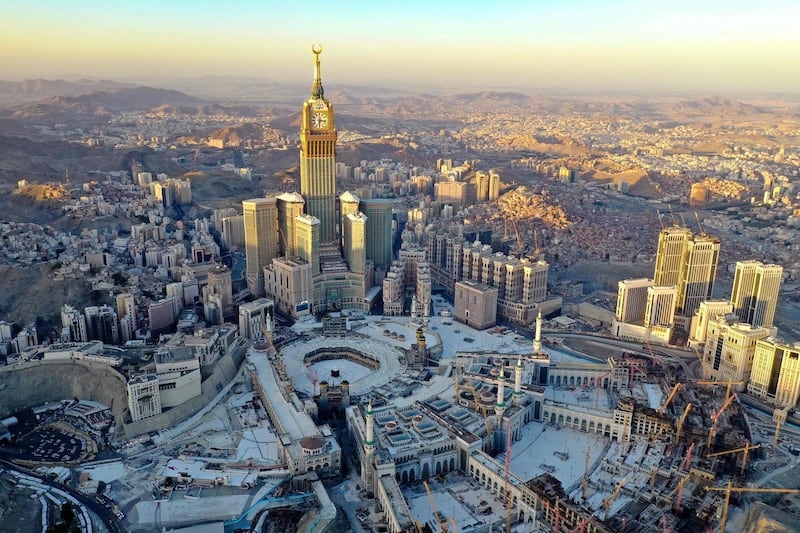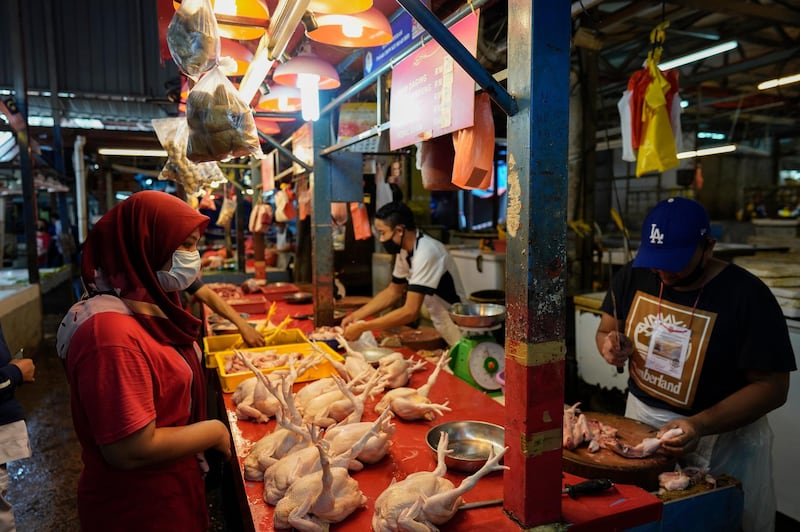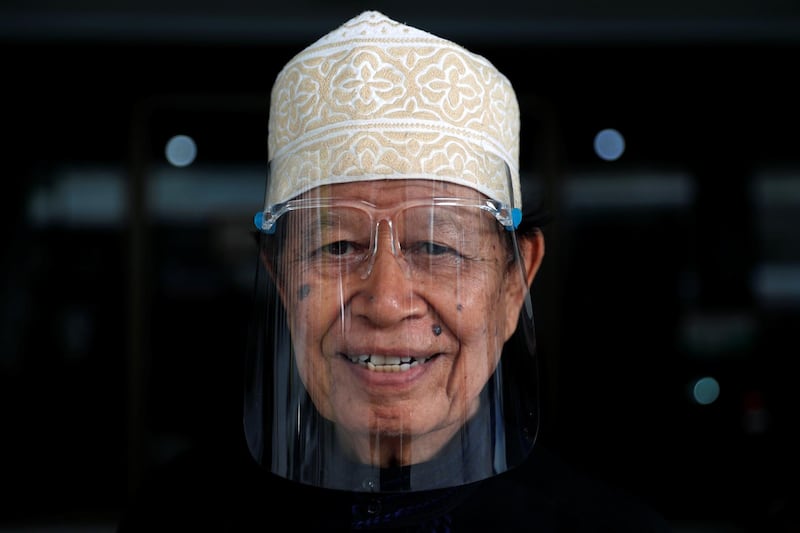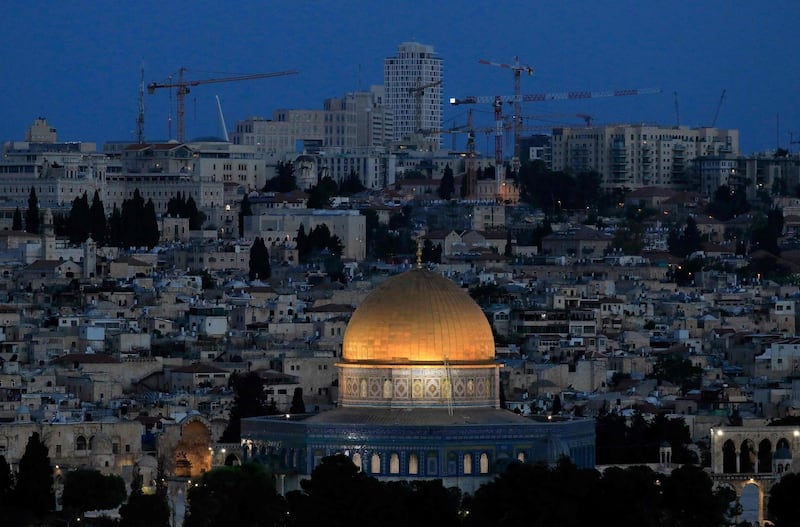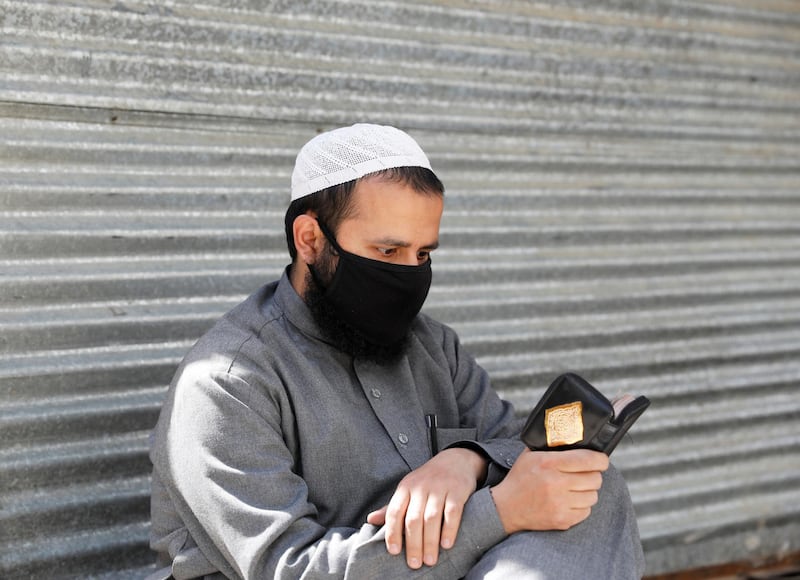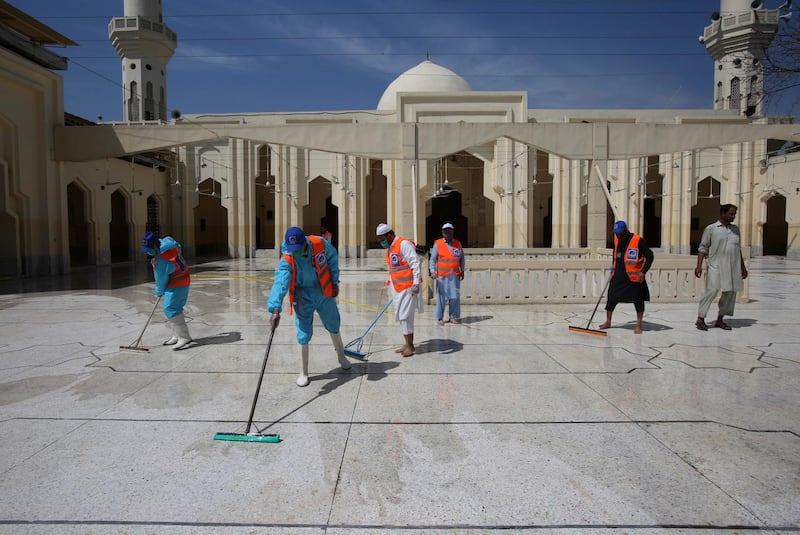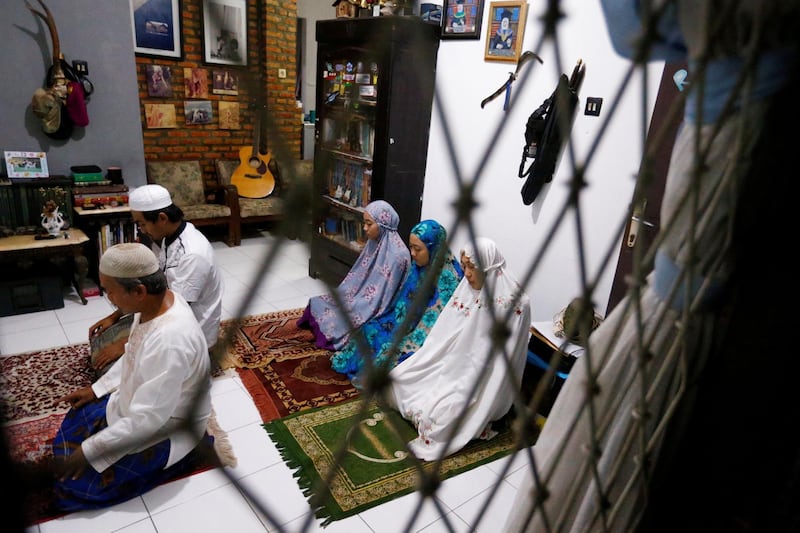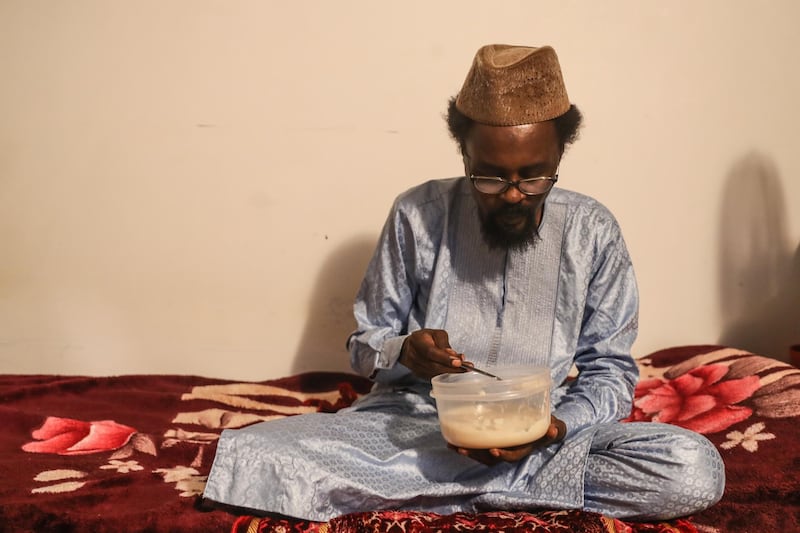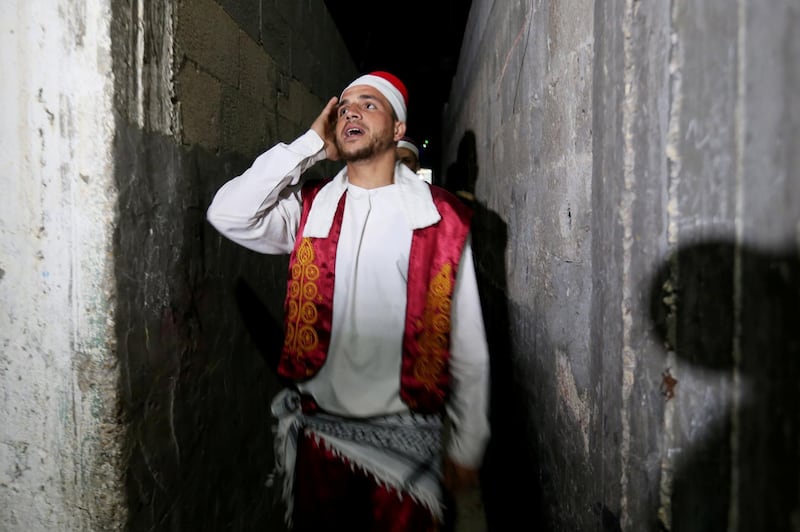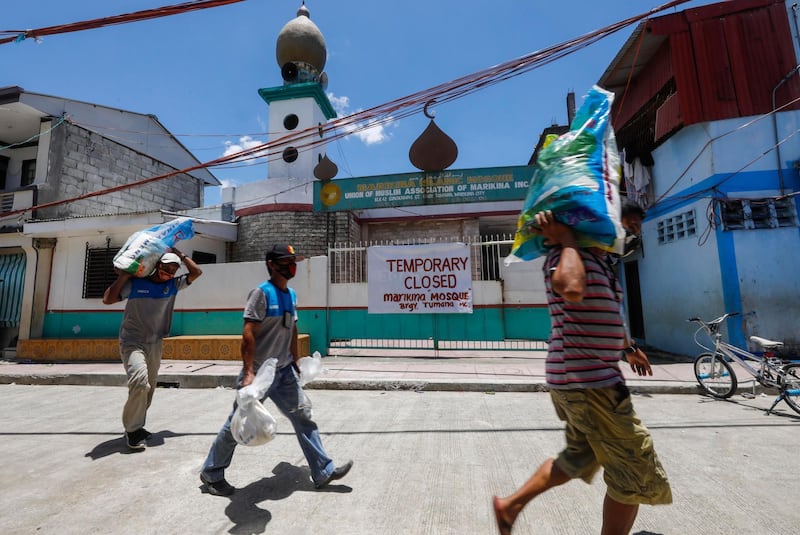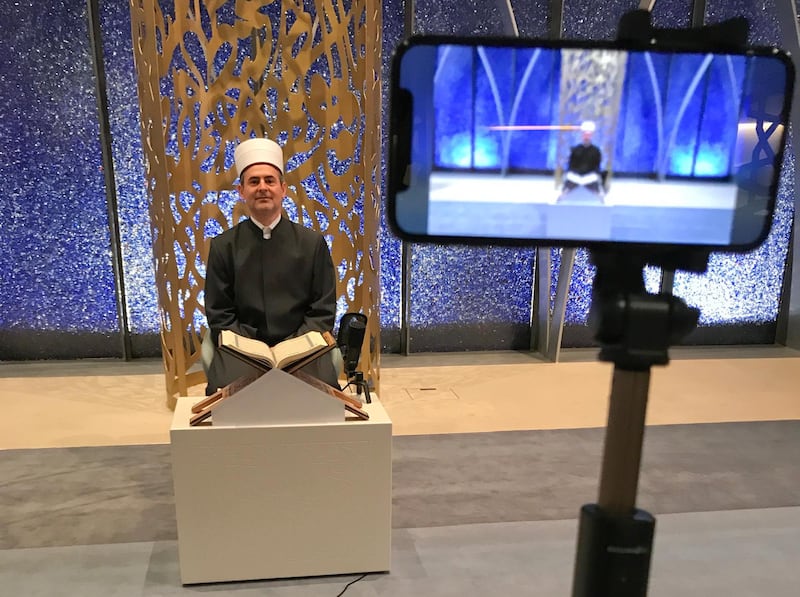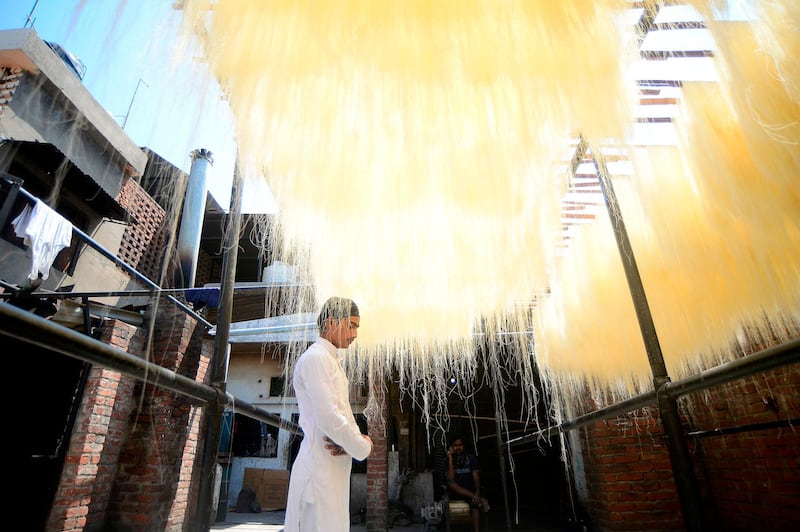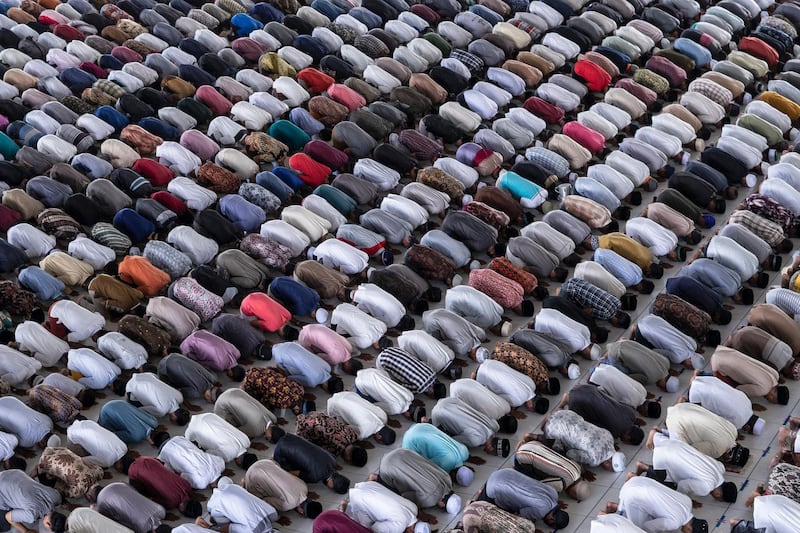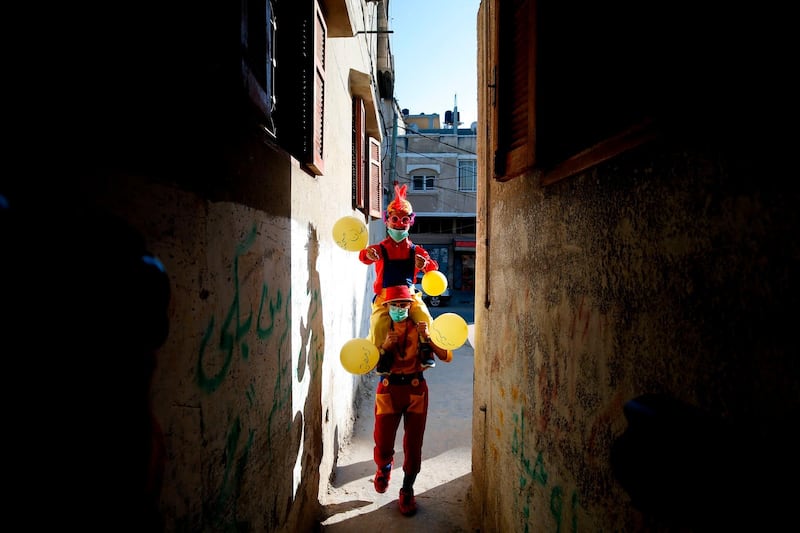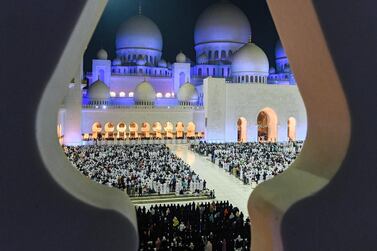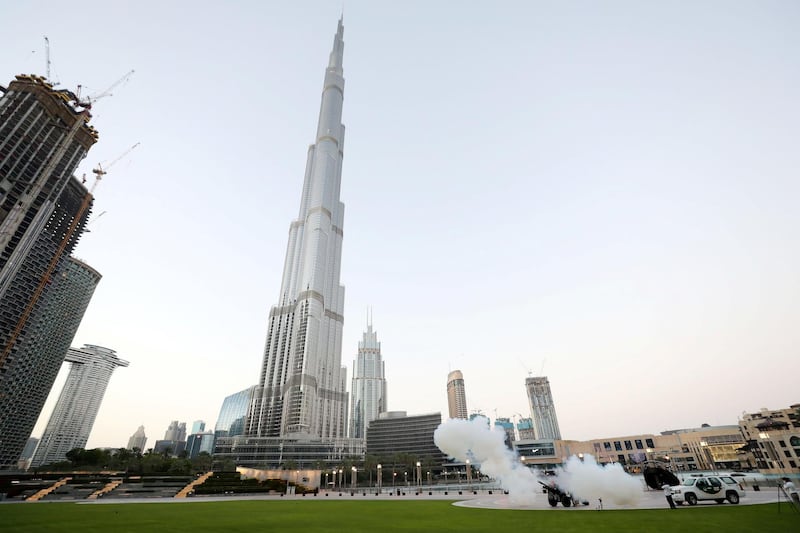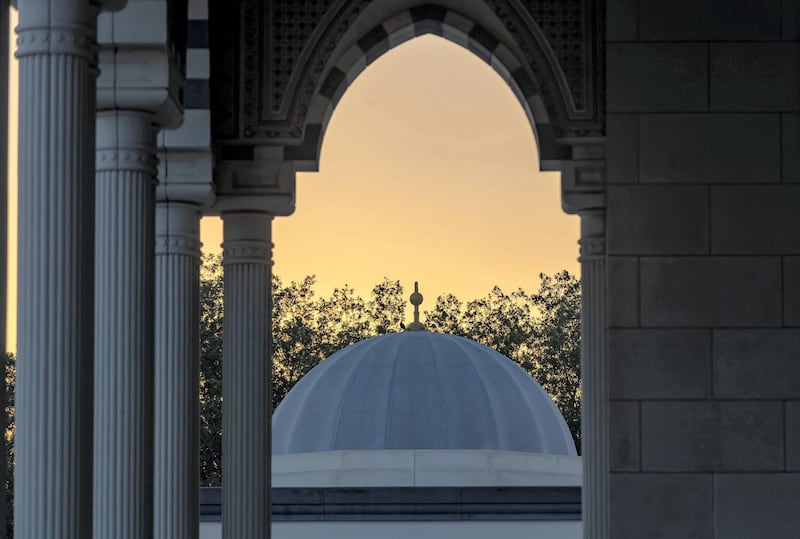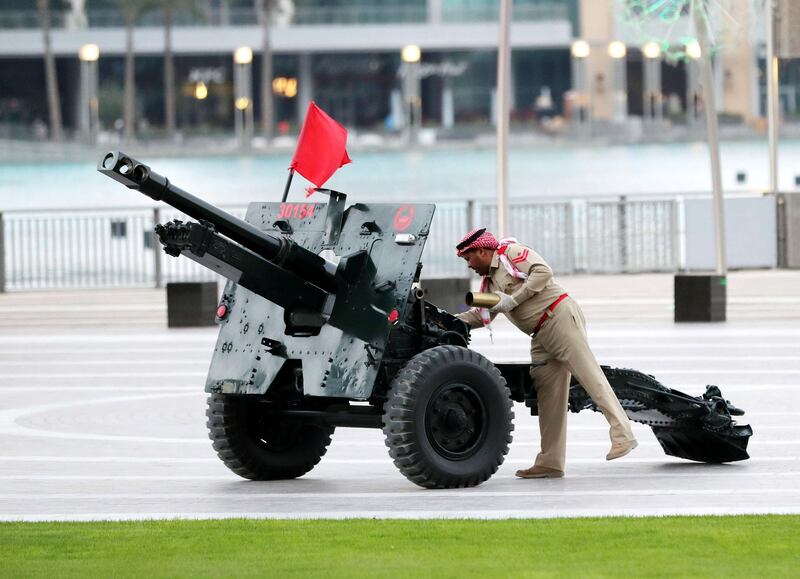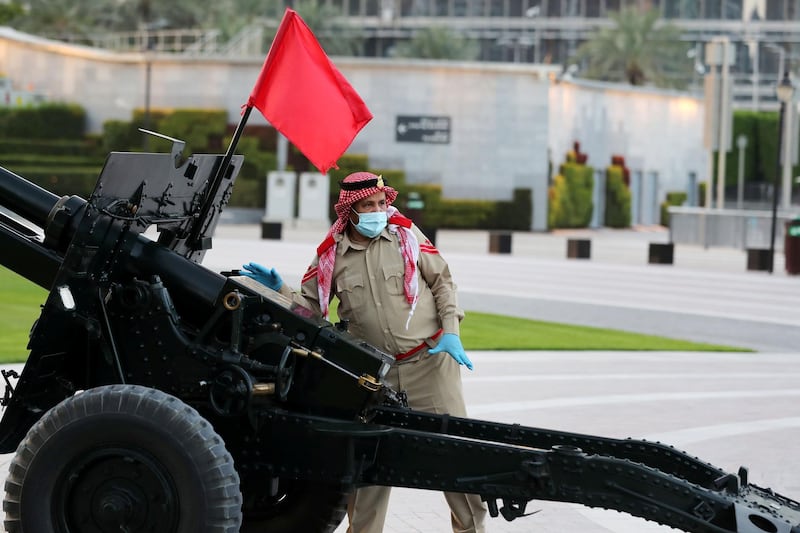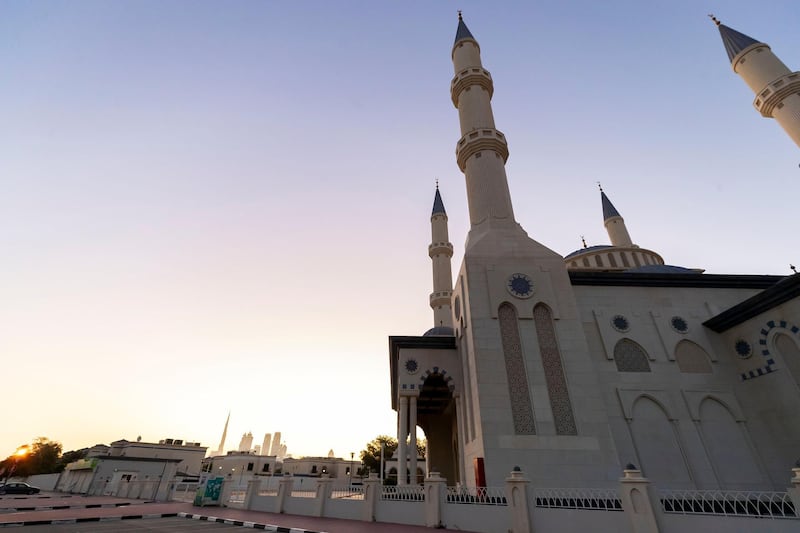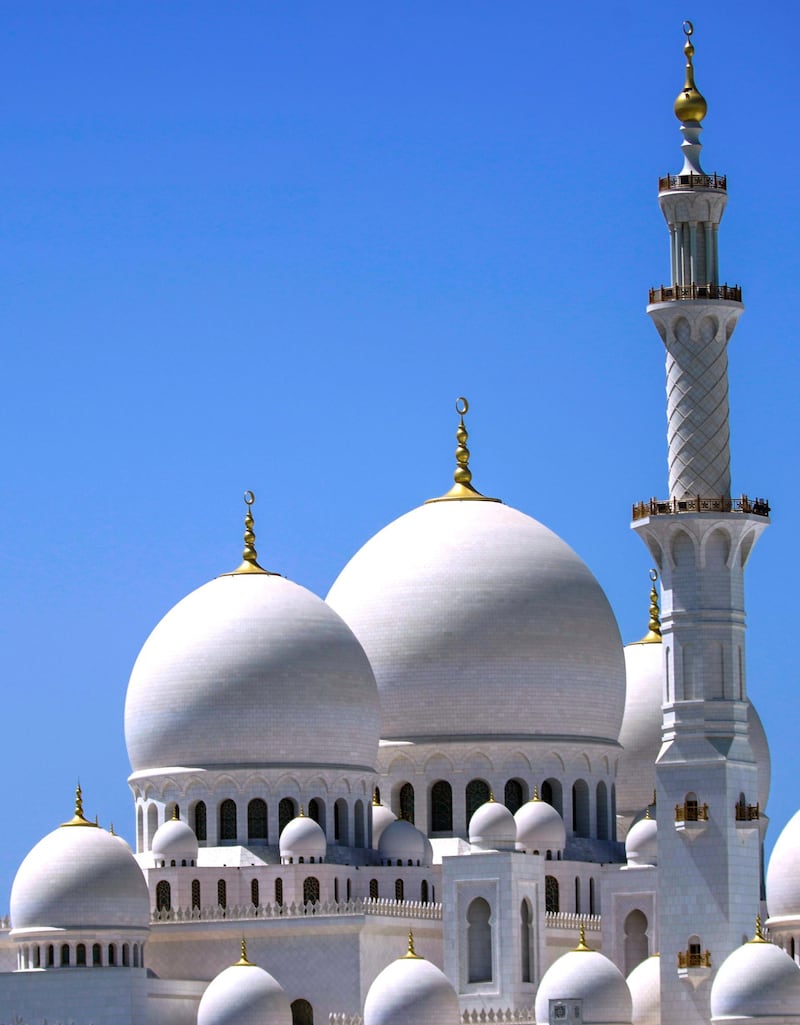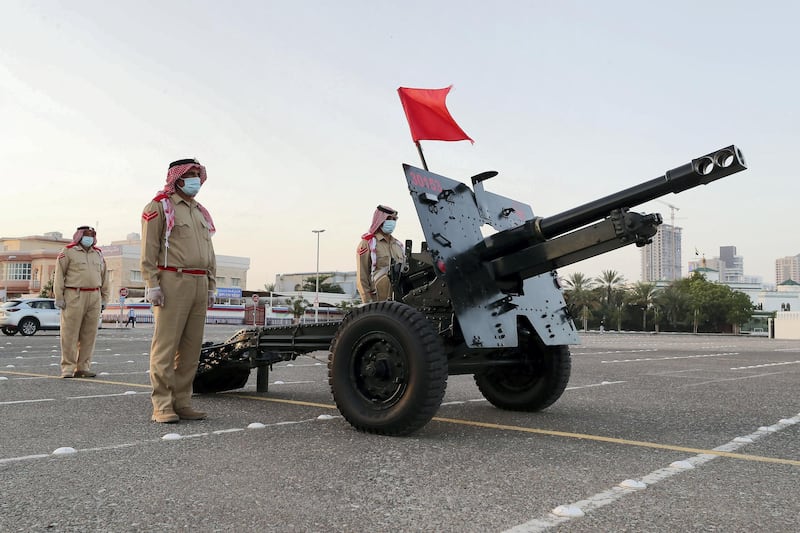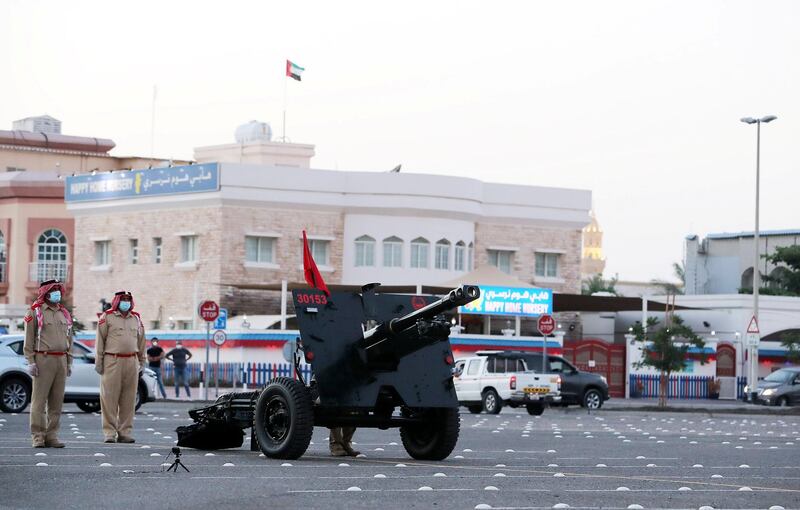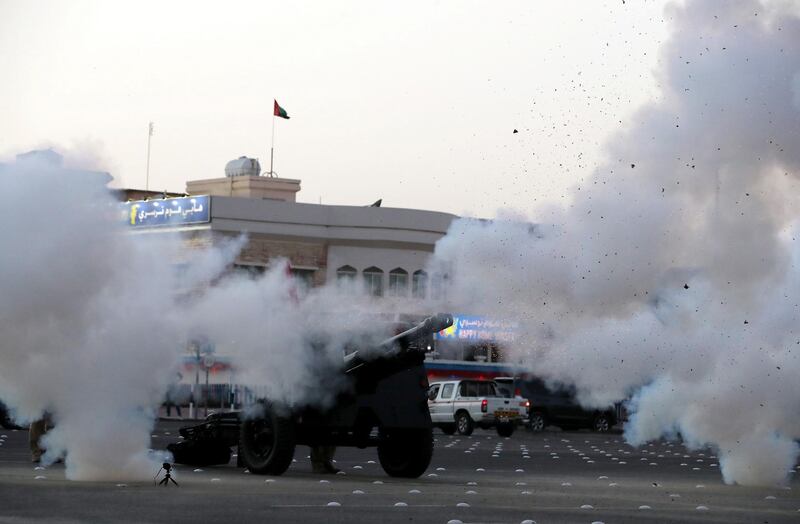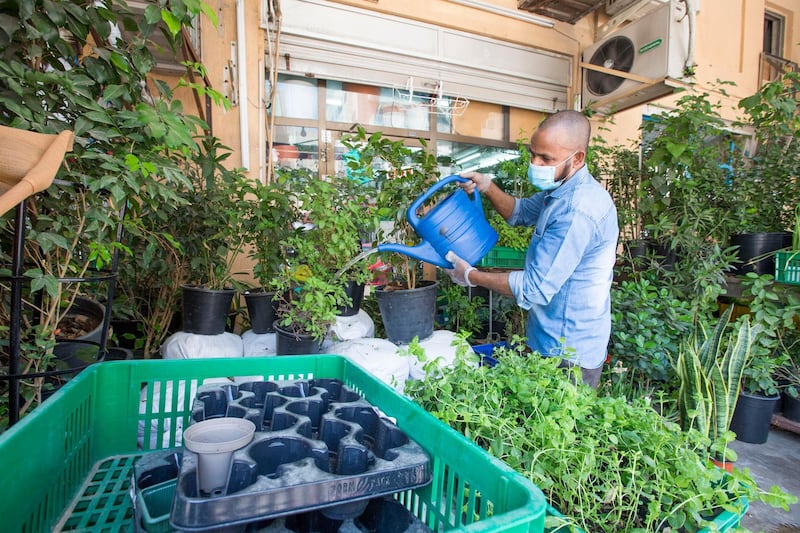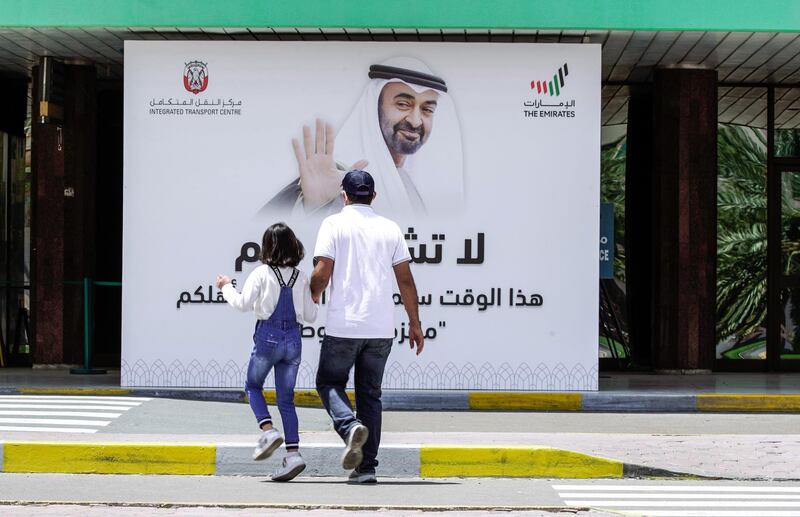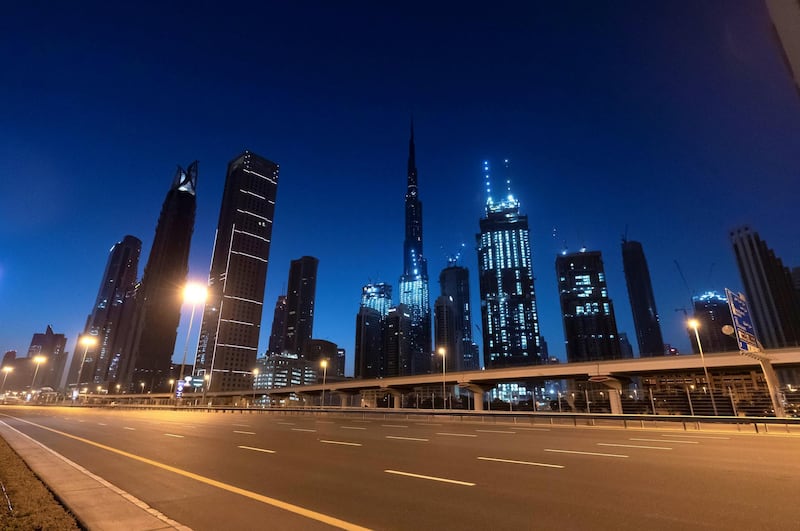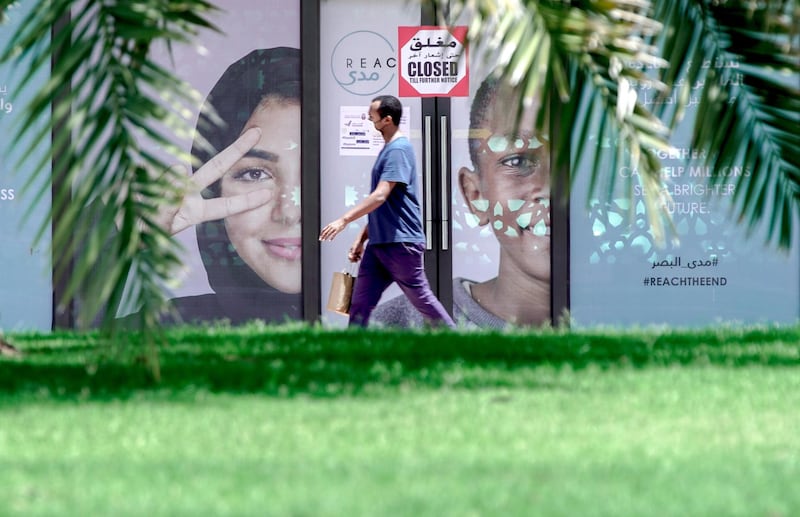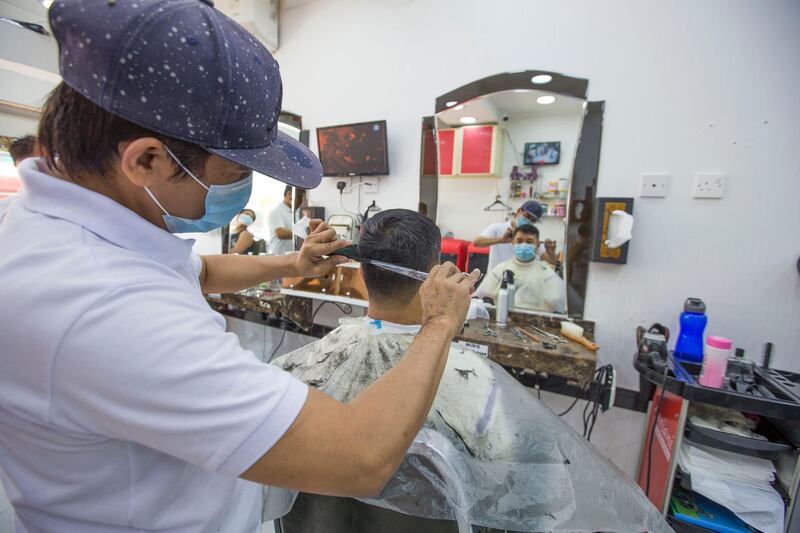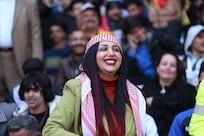The coronavirus pandemic has left mosques around the world empty on the first day of Ramadan as strict restrictions have forced extensive changes to traditions.
Almost all Muslim majority countries have closed mosques and asked people to pray at home, imposing curfews to limit the spread of the deadly virus. In many places, mosques have been locked to deter congregations.
Muslims around the world begin Ramadan amid coronavirus pandemic
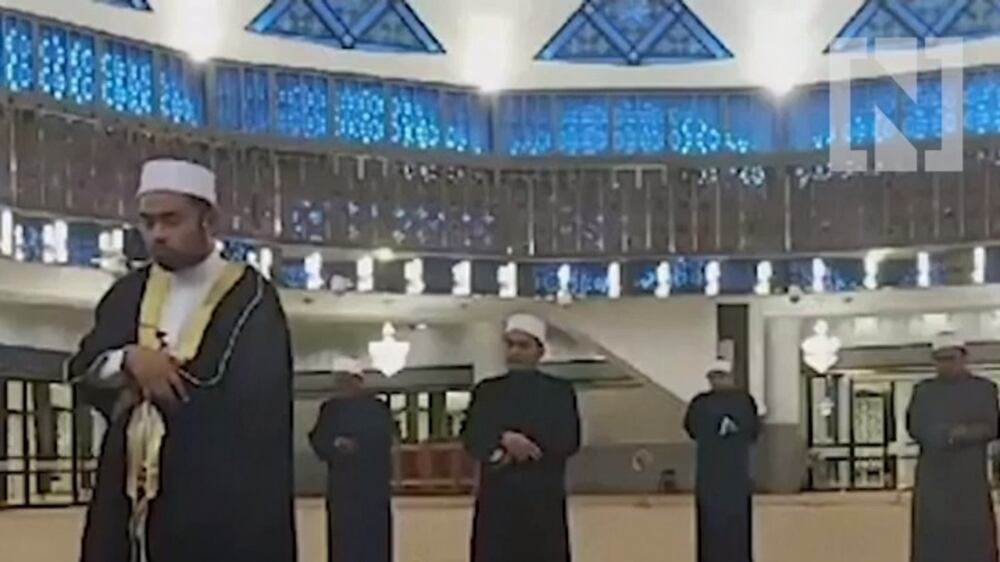
Movement restrictions on hundreds of millions of Muslims from South-East Asia to the Middle East and Africa have dampened Ramadan spirits, while bans on prayers in mosques and large gatherings mean key traditions, such as community iftar meals, will not take place.
The Grand Mosque in Makkah, usually filled with tens of thousands of pilgrims, stood empty as Saudi Arabia's Grand Mufti Abdulaziz Al Sheikh ruled that prayers during Ramadan and Eid Al Fitr will be performed at home.
“I am pained that the holy month arrives amid circumstances that make us unable to perform group prayers and Taraweeh at mosques due to precautionary measures to protect the peoples’ lives," Saudi Arabia's King Salman said in a statement issued by state news agency SPA.
Ramadan is considered an auspicious period to perform the Umrah pilgrimage, which Saudi authorities suspended last month.
"Our hearts are crying," said Ali Mulla, the muezzin who gives the call to prayer at Makkah's Grand Mosque.
"We are used to seeing the holy mosque crowded with people during the day, night, all the time...I feel pain deep inside."
How to celebrate Ramadan safely during coronavirus pandemic
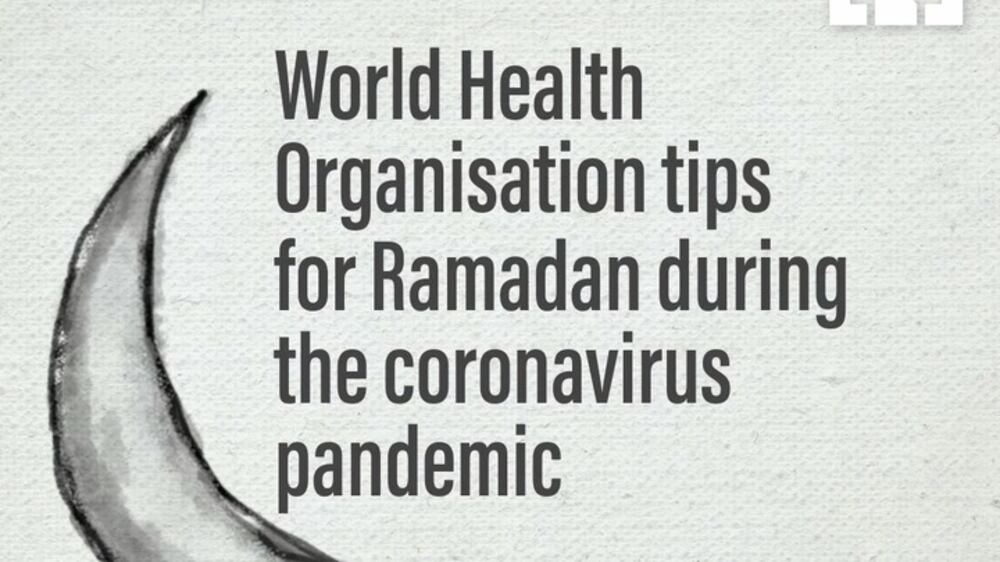
The restrictions are in line with the recommendations of the World Health Organisation, which has urged countries to "stop large numbers of people gathering in places associated with Ramadan activities, such as entertainment venues, markets and shops".
The threat of large religious gatherings has been highlighted in recent weeks by waves of infections in Asia linked to separate, massive Islamic congregations in Malaysia, Pakistan and India.
Unlike other affected countries, Pakistan this week allowed mosques to reopen during Ramadan provided they complied with conditions such as enforcing social distancing and regularly disinfection of the premises. But on Friday the governor of Sindh province banned communal prayers, saying: "Our hospitals are overwhelmed with patient inflows; we don't want our health system to collapse."
The coronavirus restrictions have hit businesses hard, including retailers catering to the typical rush of Ramadan shoppers.
This year many Muslims have repurposed their Ramadan shopping budgets to stock up on masks, gloves and other Covid-19 protective gear.
"This year, no feasts, no visits... I feel we are besieged by the virus wherever we go," said Younes, 51, who works at a clothing store in the Syrian capital Damascus.
Iran's supreme leader Ayatollah Ali Khamenei has appealed to Iranians to pray at home during Ramadan, while urging them to "not neglect worship, invocation and humility in our loneliness".
Mr Khamenei issued a fatwa on Saturday allowing patients not to fast during Ramadan if a "pious doctor" considers it a risk, and to defer their fasting to a later date.
_____________
Ramadan in the UAE
In the UAE frontline medical workers will also be excused from fasting during Ramadan as they care for Covid-19 patients.
There was some levity in Cairo, where the Egyptian capital's narrow alleys and downtown markets are still covered with traditional Ramadan decorations.
